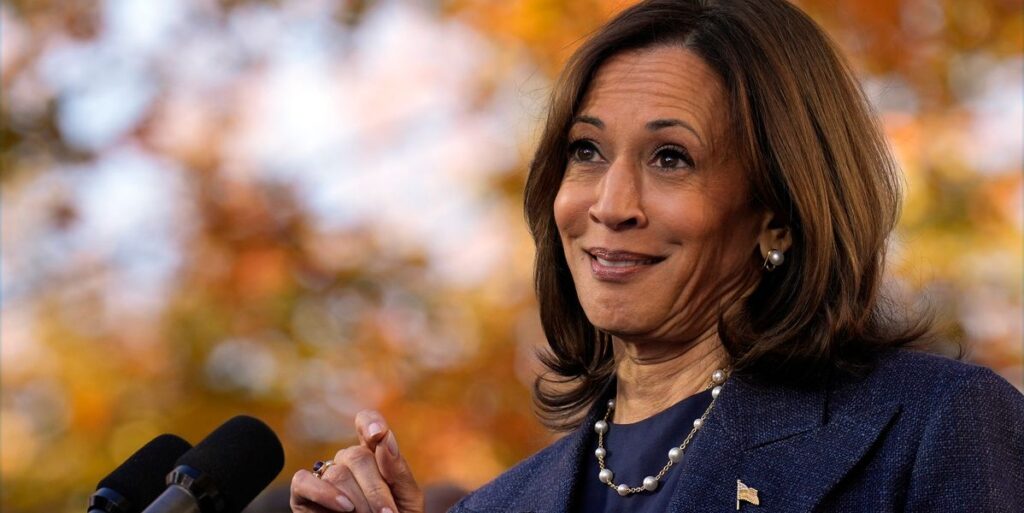Vice President Kamala Harris’s recent interview on Fox News was characterized by a tense exchange with host Bret Baier. From the outset, the conversation was marked by a confrontational tone as Harris discussed comments made by former President Donald Trump, who had referred to “radical left lunatics” as the “enemy from within.” Harris condemned Trump’s remarks, interpreting them as inciting violence against political opponents and suggesting he would employ military force against American citizens. This framing set the stage for a heated dialogue, highlighting the deep divisions in American political discourse.
As the interview progressed, Baier challenged Harris by presenting a clip of Trump defending his statements. In the clip, Trump claimed that his rhetoric had been exaggerated and that he himself had been unfairly labeled as an enemy. This defense did not sit well with Harris, who pushed back against the portrayal of Trump’s comments. She insisted that the clip did not accurately represent the broader and more troubling context of Trump’s repeated assertions regarding an “enemy within.” The tension escalated as Harris asserted her position, emphasizing the seriousness of Trump’s implications about military force being directed at the American populace.
The dialogue showcased a struggle for narrative control, with Harris aiming to hold Trump accountable for what she termed dangerous rhetoric while Baier tried to mitigate the criticism by aligning with Trump’s defense. Harris argued vehemently that Trump had consistently talked about using military power against peaceful protesters and locking up dissenters, challenging Баier to acknowledge the weight of those statements. In doing so, she highlighted the potential consequences of Trump’s language in the current polarized political landscape, marking a significant exchange on the implications of political rhetoric.
In an even more combative moment, Baier posed a provocative question about whether Harris believed Trump’s supporters were “stupid.” Harris’s response was immediate and defensive; she outright rejected the characterization, emphasizing her respect for the American populace. This moment underscored the sensitivity surrounding opinions about supporters of political figures, illustrating the need for politicians to navigate criticisms of their opponents’ followers carefully, especially in today’s charged political climate.
Overall, this exchange reflects the broader themes of division, rhetoric, and the deepening crisis in American political dialogue. Harris’s assertive approach highlighted the stakes involved in addressing extremist language and the perceived normalization of inflammatory rhetoric in contemporary politics. Her insistence on the seriousness of Trump’s comments and insistence that they warrant significant scrutiny speaks to her role as a challenger in the political arena, as she seeks to position herself and the Democratic platform in stark contrast to Trump’s vision.
The interview not only served as a battleground for ideas but also showcased the challenges that come with public discourse in a politically divided environment. As Harris and Baier navigated their debate, their interactions encapsulated the contentious spirit of the upcoming election cycle. With both sides firmly entrenched in their positions, the interview exemplified the difficulties in achieving constructive dialogue in a space that often feels dominated by hostility and conflict, ultimately reflecting the larger struggle for political and ideological dominance in the United States.

